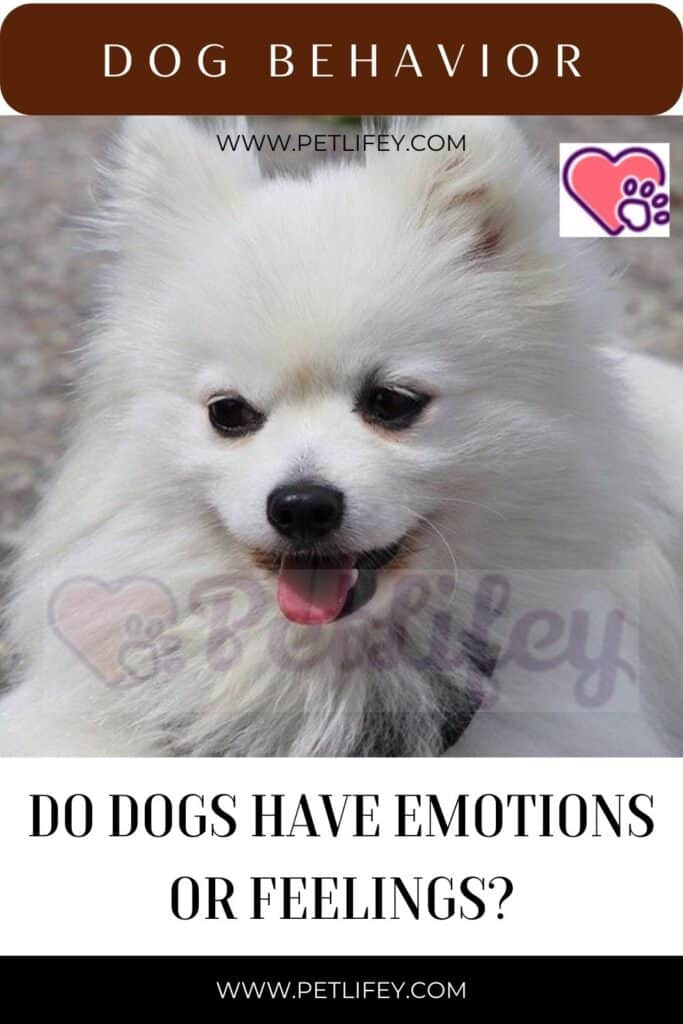
There is no room for doubt when it is said that animals have feelings. In fact, they demonstrate them every day through body language. So be careful about your behaviors and the effects they have on your dog, because your dog has feelings too.
Dogs feel joy after doing something good, but they are sad when a family member dies and obviously they feel love for the members of their home.
However, it is very important to remember that dogs’ emotions are different from ours. The feelings that dogs experience are not correlated with the sensitivity that we humans develop.
The emotional attitudes of dogs are not filtered by social parameters. It can be said that they manifest them in the purest way possible.
Below, we will describe a little about the emotions your dog can feel and how he manifests them.
The Happiness
Probably when you play with your dog you will have heard some strange verse and observing his facial expression, he may have seemed to you himself laughing.
While this is not always the case, perhaps you were right. It has recently been discovered that certain types of dogs breathing or exhaling could be their counterpart to laughter.
After a long research, it was discovered that, during play, dogs breathe in a particular way, different from normal breathlessness. Dogs with this breathing were the most predisposed to play. In addition, a reduction in stress levels was observed in shelter dogs when they emitted this type of fumes.
You must keep in mind that constant shortness of breath, especially if the dog has not done a lot of physical activity, could mean that it is having heat stroke, showing heart and respiratory deficiencies.
Shame
Most owners are certainly familiar with the telltale signs that their dog just did something wrong while they were away: head down, ears down, hunched posture, and sad look.
Even if the owner does not immediately notice the wrongdoing, the dog’s body language will immediately make them understand the feeling of guilt he is experiencing. In any case, the emotion of guilt or shame in dogs is much less complicated than that of humans.
Normally these submissive postures that your dog exhibits are the result of anxious waiting and fear of disciplinary action by the owner.
The causes of this behavior can be a similar precedent or simply your body language, which suggests your state of anger. More than a show of guilt, it could be an attempt to reassure you by showing their submission.
Jealousy
Given the dog’s social structure, which is highly hierarchical, they have a very developed sense of fairness. Everything suggests that jealousy in dogs develops when they feel they are being treated unfairly.
This way, a dog will feel jealous of someone they consider to be on the same level as themselves, but receive better treatment for some reason.
No doubt this attitude is not exclusive to dogs, in fact it can be observed in almost all animals living in a cooperative or hierarchical social structure. Either way, you need to learn how to train jealous dogs to prevent them from becoming a problem.
Mourning

Dogs can experience deep sadness when a member of their family dies, and when this happens, the following signs of distress can be observed:
- Loss of appetite
- Fear
- Depression
- Drowsiness
- Insomnia
- Anxiety
Give your dog time to recover from the loss . Most dogs return to normal after about two weeks, although for some the process is longer and more painful and if left untreated, they may even die.






